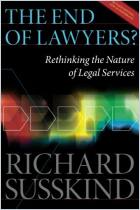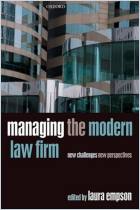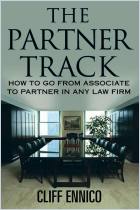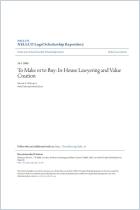The legal profession is usually pretty stable. For decades now, young attorneys could make reliable assumptions about their futures at law firms or in-house legal departments. But according to legal futurist Richard Susskind, the profession of law is about to change fundamentally. During the past 25 years, Susskind’s legal industry predictions have been proven accurate, so his description of likely dramatic future changes for lawyers is credible. getAbstract recommends Susskind’s analysis (some of which is more current diagnosis than future prognostication) to young lawyers, partners and anyone with ambitions in the field of law. Older attorneys and leaders of law firms and in-house legal departments will benefit by considering Susskind’s predictions and making the operational changes needed to stay current.
Dramatic Changes Ahead
Future legal practice will bear little relationship to the current practice of law or to the patterns of the recent past. This has implications for young lawyers, partners and anyone who has ambitions in the law profession. Older attorneys should heed the changes to come, especially law firm leaders who tend to the future of their operations and their partners’ pensions.
To understand what is on the way, attorneys must look to the future, not to the past. Ice hockey superstar Wayne Gretzky once recommended that all hockey players should “skate where the puck’s going, not where it’s been.”
Attorneys should do the same to keep up with the action in their profession. They must anticipate the imminent legal market. Within the next two decades, clients will buy legal services in far different forms than the way they purchase them today. This is due to three primary factors: “the ‘more-for-less’ challenge, liberalization and information technology.”
1. The More-for-Less Challenge
Lawyers’ clients fall into three categories: large organizations, small and medium-sized enterprises, and individuals. Each group faces this challenge.
Richard Susskind, president of the Society for Computers and Law, holds professorships at Oxford University, University College London, Strathclyde University and Gresham College. He also wrote The End of Lawyers.



















Comment on this summary or Comenzar discusión